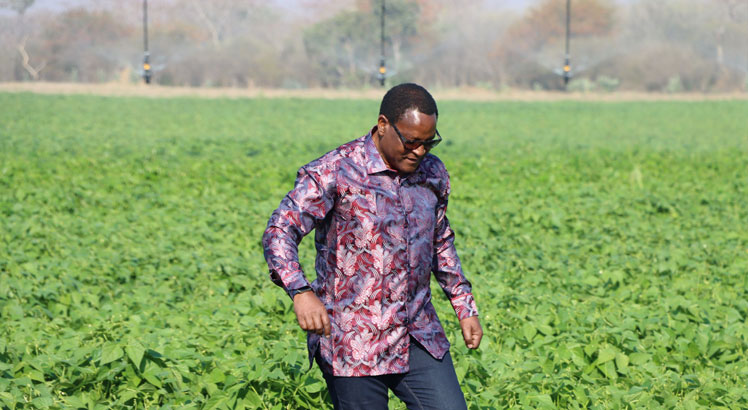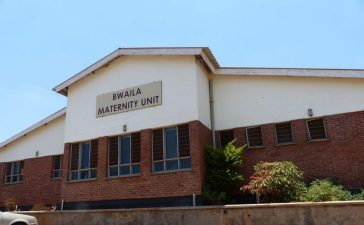In a country where agriculture is the lifeblood of the economy and the primary source of livelihood for many, the Government’s call to diversify farming methods is both timely and necessary. The erratic rainfall patterns that have plagued Malawi in recent years are no longer an anomaly but rather a new norm that farmers must adapt to if they are to ensure their survival and prosperity.
The reliance on maize as the staple crop has always been a double-edged sword; while it is essential for food security, it also makes farmers vulnerable to the whims of the weather. As we have seen in recent years, changing climate patterns have led to unpredictable rainfall, which in turn has resulted in crop failures, loss of income, and a resurgence of hunger in regions like Phalombe.
The government’s initiative to provide farm input loans through the National Economic Empowerment Fund is a commendable move, but without a substantial shift in farming practices, the assistance will serve only as a temporary lifeline. Farmers must be encouraged to look beyond maize and invest in irrigation systems that will allow them to cultivate crops year-round, irrespective of rain patterns.
Irrigation farming not only enhances productivity but can also diversify the crops grown, ultimately leading to improved food security and increased incomes. Imagine a future where farmers in Malawi are able to grow fruits, vegetables, and cash crops, lessening their dependence on maize and creating resilience against climate fluctuations. Such a shift would not only improve individual livelihoods but would also bolster the national economy by reducing the constant threat of food shortages.
Civil Society Organizations and traditional leaders have a pivotal role to play in this transition. With robust community support, training, and resource mobilization, farmers can be equipped with the skills and knowledge needed to implement effective irrigation practices. Furthermore, as highlighted by Robert Mkwezalamba, it is imperative that access to these inputs is equitable and not hindered by political or regional barriers.
While the Neef farm input loans provide a much-needed resource for farmers, it is imperative to shift the emphasis towards sustainable agricultural methods, particularly irrigation. The ability to grow crops independent of unreliable rainfall will not only pave the way to prosperity for individual farmers but will also secure the future of Malawi’s agriculture sector—an indispensable part of our identity and economy.













